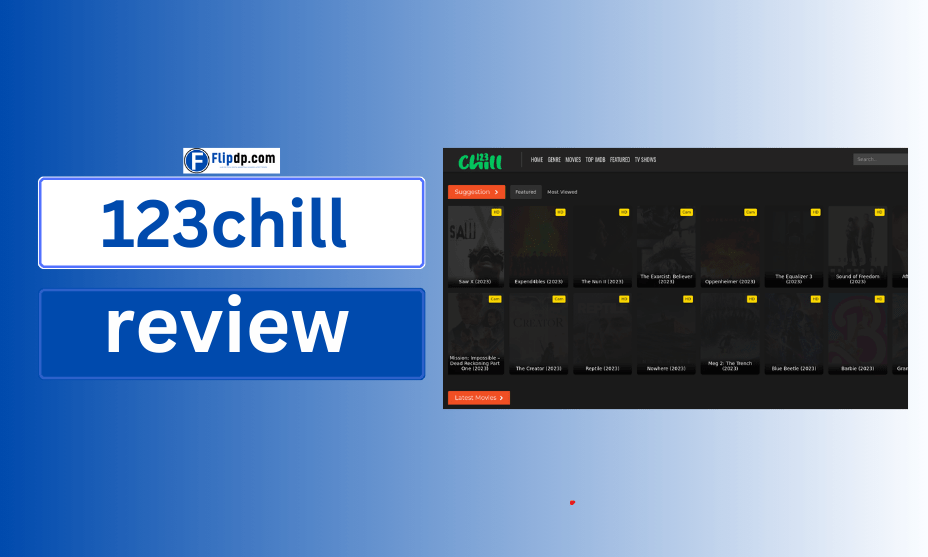Data Analytics vs Data Science
Data Analytics vs Data Science, In as we speak’s data-driven world, the phrases “knowledge analytics” and “knowledge science” are ceaselessly used interchangeably, creating confusion for professionals and aspiring college students alike. As companies try to harness the ability of information, each fields are seeing a surge in demand. Nonetheless, every area has its distinctive focus, methodologies, and talent units. If you end up considering a profession in both space, you are not alone. This text will delve deep into the talk of information analytics vs knowledge science, guiding you thru their variations, profession prospects, and serving to you identify which path aligns along with your aspirations.
Understanding the Fundamentals: What Is Information Analytics?
Information analytics entails the systematic computational evaluation of information. It primarily focuses on decoding present knowledge to determine traits, make predictions, and help decision-making. Data Analytics vs Data Science Information analytics professionals make the most of statistical instruments and software program to gather, course of, and analyze knowledge. Their work permits organizations to make knowledgeable selections based mostly on previous performances and present circumstances.
Key Abilities in Information Analytics
- Statistical Evaluation: A agency grasp of statistics is essential for decoding knowledge precisely.
- Information Visualization: Instruments like Tableau and Energy BI are sometimes used to current knowledge in a digestible format.
- SQL Proficiency: Structured Question Language (SQL) is important for querying databases effectively.
- Drawback-Fixing: Analysts should suppose critically to derive actionable insights from complicated knowledge units.
- Enterprise Acumen: Understanding the business context of information performs a big function in efficient evaluation.
What About Information Science?
Information science, however, encompasses a broader scope and merges numerous disciplines to derive insights from each structured and unstructured knowledge. Data Analytics vs Data Science Information scientists leverage methods from statistics, machine studying, pc science, and area experience to create algorithms and fashions that predict future traits based mostly on historic knowledge. The twin function of creator and interpreter distinguishes knowledge scientists from analysts.
Key Abilities in Information Science
- Programming: Proficiency in languages resembling Python and R is prime for knowledge manipulation and mannequin creation.
- Machine Studying: Understanding of algorithms that permit computer systems to study from knowledge autonomously.
- Large Information Applied sciences: Familiarity with platforms like Hadoop and Spark is more and more essential to deal with giant datasets.
- Statistical Modelling: Creating fashions to foretell traits and behaviors.
- Information Engineering: Educated in creating and managing the processes that acquire and rework knowledge.
Evaluating Job Roles: Information Analytics vs Information Science
Day-to-Day Obligations
- Information Analyst: A knowledge analyst usually focuses on gathering knowledge from completely different sources, cleansing it, and producing stories. They work carefully with enterprise items to assist interpret the info to resolve operational issues and inform strategic selections.
- Information Scientist: In distinction, a knowledge scientist is extra concerned in designing and implementing superior analytics fashions and algorithms. They experiment with machine studying methods, develop predictive fashions, and will take part in creating knowledge merchandise that automate decision-making.
Work Environments
Each roles exist in numerous sectors, together with finance, healthcare, e-commerce, and tech. Nonetheless, knowledge scientists usually interact in additional revolutionary tasks that may drive new services and products, whereas knowledge analysts are inclined to work inside present enterprise frameworks to optimize operations.
Profession Alternatives and Progress
The demand for knowledge professionals continues to develop, however the alternatives differ broadly between knowledge analysts and knowledge scientists.
Job Marketplace for Information Analysts
- Typical Positions: Information Analyst, Enterprise Intelligence Analyst, Advertising and marketing Analyst.
- Common Wage: In america, the typical wage for a knowledge analyst hovers round $70,000 yearly, with entry-level positions beginning decrease.
- Profession Path: Many knowledge analysts advance to senior analyst positions or pivot to enterprise roles resembling knowledge supervisor or product supervisor.
Job Marketplace for Information Scientists
- Typical Positions: Information Scientist, Machine Studying Engineer, Analysis Scientist.
- Common Wage: Information scientists are inclined to command increased salaries, averaging round $120,000 per yr, reflecting the superior talent set required.
- Profession Path: Information scientists usually progress towards management roles, resembling Chief Information Officer (CDO), or can specialize additional into machine studying or synthetic intelligence.
Selecting the Proper Path: Information Analytics or Information Science?
The choice between knowledge analytics vs knowledge science in the end boils all the way down to your pursuits, strengths, and profession objectives. Listed below are some key issues that can assist you make an knowledgeable selection:
1. Academic Background
In case you have a level in statistics, arithmetic, or a associated subject, knowledge science is likely to be a extra seamless match. Conversely, these with a background in enterprise, economics, or social sciences can leverage their area data successfully in knowledge analytics.
2. Technical Proficiency
Are you comfy writing code and utilizing refined algorithms? If that’s the case, knowledge science might present the mental challenges you search. Nonetheless, in the event you desire working primarily with knowledge visualization and reporting, think about a profession in knowledge analytics.
3. Profession Aspirations
Take into consideration your long-term profession objectives. If you happen to aspire to design data-driven merchandise or options, knowledge science might align higher along with your ambitions. Then again, in the event you’re inclined towards rapid operational enhancements inside a enterprise, knowledge analytics could be a rewarding path.
4. Job Market Tendencies
Analysis the job market in your space. Sure areas might have increased demand for knowledge scientists, whereas others may have extra knowledge analysts. Web sites like Glassdoor and LinkedIn can present insights into wage traits and job openings.
Conclusion: Making Your Resolution
Within the complicated panorama of careers in tech and analytics, the excellence between knowledge analytics vs knowledge science serves as a vital think about guiding your profession path. Every subject presents distinctive alternatives and challenges, and understanding which aligns finest along with your abilities, aspirations, and pursuits is important for achievement.
By evaluating your technical abilities, instructional background, and profession objectives, you may make an knowledgeable selection about which profession path fits you finest. Keep in mind to remain abreast of business traits and regularly improve your abilities, as the info panorama is at all times evolving. Embrace studying, and also you’ll discover that each knowledge analytics and knowledge science can result in rewarding careers that empower corporations to make higher selections and drive innovation.











